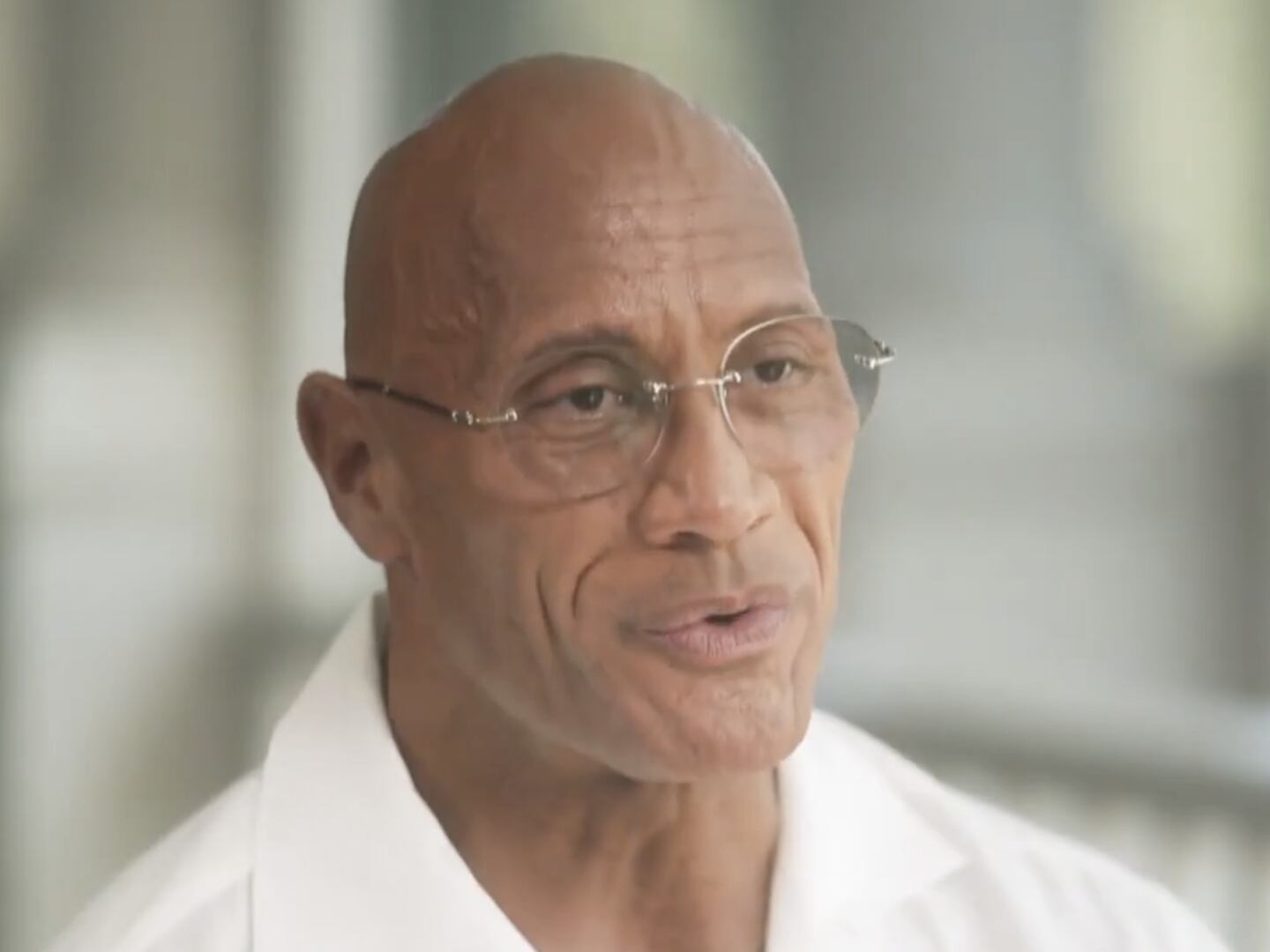All the world’s a con to David Mamet, and if that viewpoint has long characterized his work—resulting in at least two masterpieces, Glengarry Glen Ross and American Buffalo—it continues to feel fresh in Henry Johnson.
(Henry Johnson will be available on the film’s website, henryjohnsonmovie.com, and select theatrical screenings starting May 9.)
An adaptation of his 2013 stage play, the dramatist’s first film in 17 years charts the descent of its title character.
That happens in four scenes whose staginess is offset by their blistering investigation of morality, manipulation, individual and social responsibility, and masculine power.
Invigoratingly sharp and bleak, it’s proof of Mamet’s still-formidable talents, as well as a stirring reminder of why Shia LaBeouf was once crowned Hollywood’s Next Big Thing.
Over the past decade-plus, Mamet has fallen out of mainstream-liberal favor thanks to his turn to conservatism and, then, MAGA extremism. While Henry Johnson isn’t a vehicle for his effusive opinions about President Donald Trump, its hardness and cynicism—and belief that every interaction, big or small, is in some way transactional—is acutely attuned to the present national climate.
In Henry Johnson, everything is done for a reason, and that reason is usually to acquire something, be it relief, leverage, revenge, freedom, domination, or emotional or sexual satisfaction. A word is not uttered, a gesture is not performed, and an altruistic act or sacrifice is not made without an eye toward compensation, and those that come out on top are the ones who understand that, no matter the venue, life is a game of survival of the canniest.
Split into quadrants, Henry Johnson opens with lawyer Henry Johnson (Evan Jonigkeit) meeting with his boss Mr. Barnes (Chris Bauer), whom he’s asked to hire an unnamed friend who’s facing murder charges for trying to surreptitiously instigate his girlfriend’s abortion.
None of this, however, is immediately clear; Mamet’s script dives headfirst into their conversation without providing context, the better to let audiences slowly piece together the scenario at hand through bits and pieces of fragmented dialogue.
As always, Mamet’s prose is a staccato wonder, full of stops and starts, half-formed questions and answers, and retorts that cause the chat to double back on itself until things twist into knots, even as the material forges onward at a rapid clip. It’s an exhilarating dance, and Bauer is more than up to the challenge of the writer’s scripting—a fact that cannot quite be said of Jonigkeit, who proves, from the film’s early going, its weakest link.
Barnes is curious about Henry’s precise relationship to his now-incarcerated buddy, whose way with women, and him, is chalked up to “beyond an allure…an easy power.” Questions of murder and rape, guilt and complicity, shame and desire, and exploitation run rampant throughout their discussion, and their scene ends with the revelation that Barnes has really just been keeping Henry busy while authorities were solidifying their case against him for stealing $300,000 of company funds.
When we next see the caught-red-handed lawyer, he’s entering a jail cell, and he’s soon joined by his bunkmate Gene (LaBeouf), whose intensely stern glares—and scruffy goatee and tattooed torso—mark him as a less-than-welcoming roommate.
Barnes argued that Henry was groomed by his rapist/murderer friend into becoming a willing accomplice, and then he proved Henry’s gullibility by hoodwinking him. Behind bars, Gene explains, through repeated references to Snow White and Sleeping Beauty, that regardless of pretexts, everyone is after something. “Here’s the wisdom: Everything’s as it seems.
All the cards are in the deck, it just depends on how you cut them," he states, and to Gene, the trick is figuring out people’s aims so you can not only avoid being taken by them, but take them first. “Inside, outside, you need something to get over on those you want to try to control,” and in this contest between the strong (i.e. cunning) and weak (i.e., naive), the goal is to be the savage hunter rather than the helpless prey.
Aided by terse direction, Henry Johnson‘s back-and-forths crackle with Mamet’s trademark clipped, rat-a-tat-tat rhythms. LaBeouf is adept at handling his enormous, winding monologues, including during a third passage in which the two, in the prison library, discuss Henry’s therapist, whose confessions and sympathy strike Gene as ruses fueled by ulterior motives.
LaBeouf’s performance is ferocious to the point of mesmerizing, and that’s crucial to the proceedings, since Gene is a teacher casting a spell on his pupil, at once indoctrinating him to see things as he does, and perpetrating the very sort of deception he’s warning Henry to avoid. It’s a clever sort of mind-fuck, and so long as LaBeouf is the center of attention, the film—mired in talk about dupes, punks, mobs, manliness, and feminization—sings with that old-time Mamet toughness.
Gene’s scheme regarding Henry’s therapist’s gun foreshadows Henry Johnson‘s finale, which finds its protagonist holed up in the library with guard Jerry (Dominic Hoffman), whose bloody collar—paired with Henry’s crimson-stained garb and the pistol in his hand—indicates that Henry fell for his new buddy’s plan, to disastrous ends.
During the course of an extended police standoff, Jerry’s thoughts about masculinity, purpose, fear, and legal system efficacy create a further tangle in Henry’s fractured mind, all as he barricades the door, ignores a ringing office phone, and prepares for a showdown with authorities whose nearby presence is indicated by the sounds of airborne helicopters and illumination from their spotlights.
Given his own prolonged opportunity to shine, Hoffman demonstrates comfort with Mamet’s mouthfuls of dialogue, thankfully taking the focus away from Henry, whom Jonigkeit embodies as a stilted and unconvincing sort of sucker.
Like so much of Mamet’s output, Henry Johnson is about men who treat each moment of every day as a battle between prospective winners and losers, victims and victimizers.
With caustic clarity and a decided lack of sympathy, it envisions the world as an uncompromising place where even basic ideas about right and wrong, fairness and justice, merely serve as additional tools of oppression and manipulation—a perspective that, in a 2025 dominated by corruption, duplicity, disinformation, and elastic truths, feels brutally, depressingly timely.









